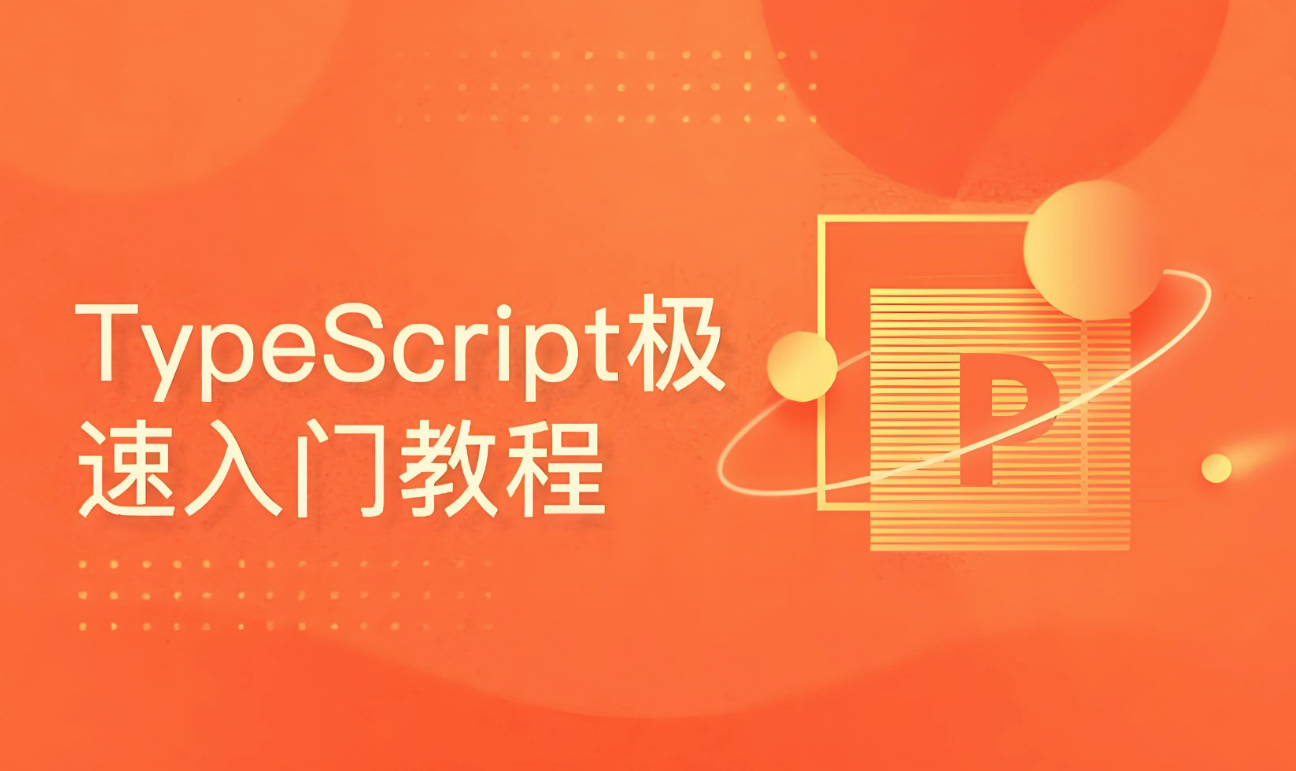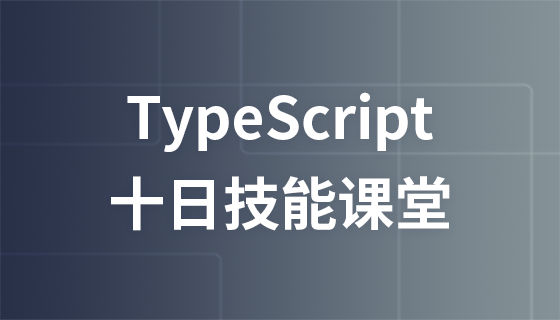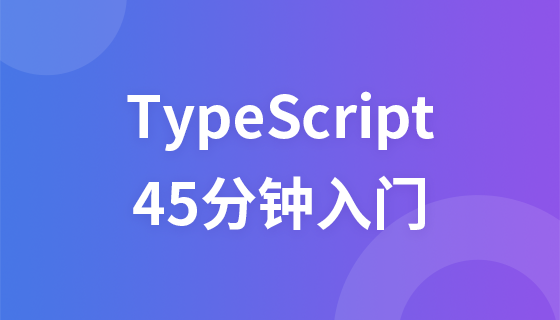
在TypeScript中,接口(interface)和类型别名(type alias)都用于定义类型,但它们在某些特定场景下的行为却有所不同。一个常见的例子是,当函数期望一个具有索引签名的对象时,使用接口定义的类型可能会报错,而使用类型别名定义的类型却能正常工作。
考虑以下代码:
const fn = (a: { [key: string]: number | string }) => {
console.log(a);
};
interface FooInterface {
id: number;
name: string;
}
type FooType = {
id: number;
name: string;
}
const fooInterface: FooInterface = { id: 1, name: 'name' };
const fooType: FooType = { id: 1, name: 'name' };
fn(fooType); // No error
fn(fooInterface); // Error: Argument of type 'FooInterface' is not assignable to parameter of type '{ [key: string]: string | number; }'.
// Index signature for type 'string' is missing in type 'FooInterface'.为什么 fn(fooInterface) 会报错,而 fn(fooType) 却能正常运行呢?
原因分析
错误信息 "Index signature for type 'string' is missing in type 'FooInterface'" 揭示了问题的关键。fn 函数的参数类型声明了需要一个具有字符串索引签名的对象,这意味着对象可以拥有任意数量的字符串类型的键,并且这些键对应的值必须是 number 或 string 类型。
FooInterface 接口定义了 id 和 name 属性,但没有显式声明索引签名。TypeScript 默认情况下不会为接口添加隐式的索引签名。
解决方案
要解决此问题,需要显式地在 FooInterface 中添加索引签名:
interface FooInterface {
id: number;
name: string;
[key: string]: string | number;
}添加了 [key: string]: string | number; 后,FooInterface 就满足了 fn 函数的参数类型要求,不再报错。
接口与类型别名的设计理念差异
造成这种差异的根本原因在于接口和类型别名在设计理念上的不同。接口的主要目的是描述对象的形状,强调的是结构化的类型约束。而类型别名则更灵活,可以表示更广泛的类型,包括联合类型、交叉类型等。
接口的另一个重要特性是声明合并(Declaration Merging)。这意味着可以在不同的地方多次声明同一个接口,TypeScript 会将这些声明合并成一个。为了支持声明合并,TypeScript 不会为接口添加隐式的索引签名,因为这可能会导致合并后的接口类型与预期不符。
类型别名则不存在声明合并的特性。一旦定义,类型别名就不能被修改或扩展。因此,TypeScript 可以更自由地处理类型别名,使其在某些场景下表现得更灵活。
总结与建议
通过理解TypeScript接口与类型别名的差异,开发者可以编写更健壮、更易于维护的代码。希望本文能帮助你更好地掌握TypeScript的类型系统。
以上就是TypeScript接口与类型别名的差异:为何接口在特定场景下会报错?的详细内容,更多请关注php中文网其它相关文章!

每个人都需要一台速度更快、更稳定的 PC。随着时间的推移,垃圾文件、旧注册表数据和不必要的后台进程会占用资源并降低性能。幸运的是,许多工具可以让 Windows 保持平稳运行。




Copyright 2014-2025 https://www.php.cn/ All Rights Reserved | php.cn | 湘ICP备2023035733号